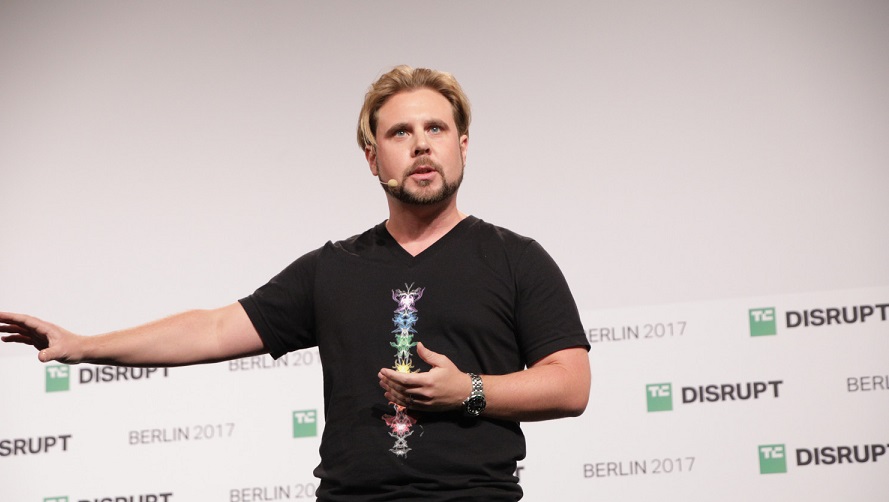The neighbouring countries of Namibia and Zimbabwe are the immediate targets for expansion for South African peer-to-peer solar leasing startup Sun Exchange after it announced its US$4 million Series A round last week.
Launched in 2015, Sun Exchange enables almost anyone, anywhere in the world, to buy remotely-located solar cells that power schools, businesses and other organisations.
So far the startup has built a community of more than 17,000 members across approximately 160 countries and brought solar power to 24 South African schools, businesses and organisations, and it is now set for further growth after closing its US$4 million Series A investment round.
The investment, which was concluded by a US$3 million contribution from the Africa Renewable Power Fund (ARPF), a Mauritian private equity fund advised by London-based ARCH Emerging Markets Partners, will be used to allow Sun Exchange to expand outside of South Africa, where all its projects are currently.
Sun Exchange’s founder and chief executive officer (CEO) Abraham Cambridge told the latest episode of Disrupt Podcast the startup would initially be targeting neighbouring countries.
“Namibia is probably one of the best countries in the world in which to generate solar energy, and it is tied to the South African rand which makes perfect sense for us,” he said.
“Zimbabwe’s energy issues are huge and there are some fantastic opportunities in the agricultural sector there, so we’re looking at that.”
Mozambique, Cambridge said, is a “different animal”, mostly because of the language barrier.
“It’s easier for us to translate all of our leases and sales agreements into English, but there are still major problems to be solved there. So ultimately we will probably move into those geographies,” he said.
Cambridge said he was still “very excited” to be working with Powerhive in Kenya, and that the partnership had only been slow in getting off the ground as Sun Exchange had been focused on raising funding.
“Now this deal is closed it is exactly those kinds of relationships we can now foster,” he said.
The startup is also planning on working on different types of projects in areas such as mini-grids, water purification, and bigger-scale agriculture.
“These are different types of industry verticals that Sun Exchange hasn’t really got into yet, that could make a huge impact,” said Cambridge.
There are also plans to expand outside of Africa, but only to emerging markets, as Cambridge feels there is little need for innovative financing models for alternative energy in developed markets.
“We are geared towards solving the energy crisis in countries that can’t afford to subsidise clean energy,” he said.
With all this in mind, the funding will be used to grow the size of Sun Exchange’s team, which has already doubled this year. Cambridge said he will be hiring more sales and marketing people in order to move into new markets, but the goal is also to build the size of its funder community, which currently sits at 17,000 registered users in 160 countries. He also wants to improve the platform itself.
“We want to make it more interactive and more transparent, and enhance the experience to make it more attractive to a broader market,” Cambridge said.
Sun Exchange has just had its busiest quarter ever, in spite of lockdown in South Africa.
“We are solving an issue that existed before COVID and will exist after COVID, which is solving the energy crisis. And I think people at home, in front of their computers more, have had the opportunity to look at alternatives to holding money in a bank where it is not doing very much and look at ways of putting their money to work by providing affordable energy to businesses via our platforms,” said Cambridge.
It has just launched its 31st project, which is its first agricultural project in the form of a wine farm, and has 1.5 megawatts of solar plant operating across 24 projects. It has just reached two gigawatt hours of electricity produced.
—
The latest episode of Disrupt Podcast is available now, featuring in-depth interviews with Cambridge as well as Benin Business Angel Network president Medea Degbe.
You can listen on Soundcloud, Spotify, Apple Podcasts, and all other podcasting platforms.


